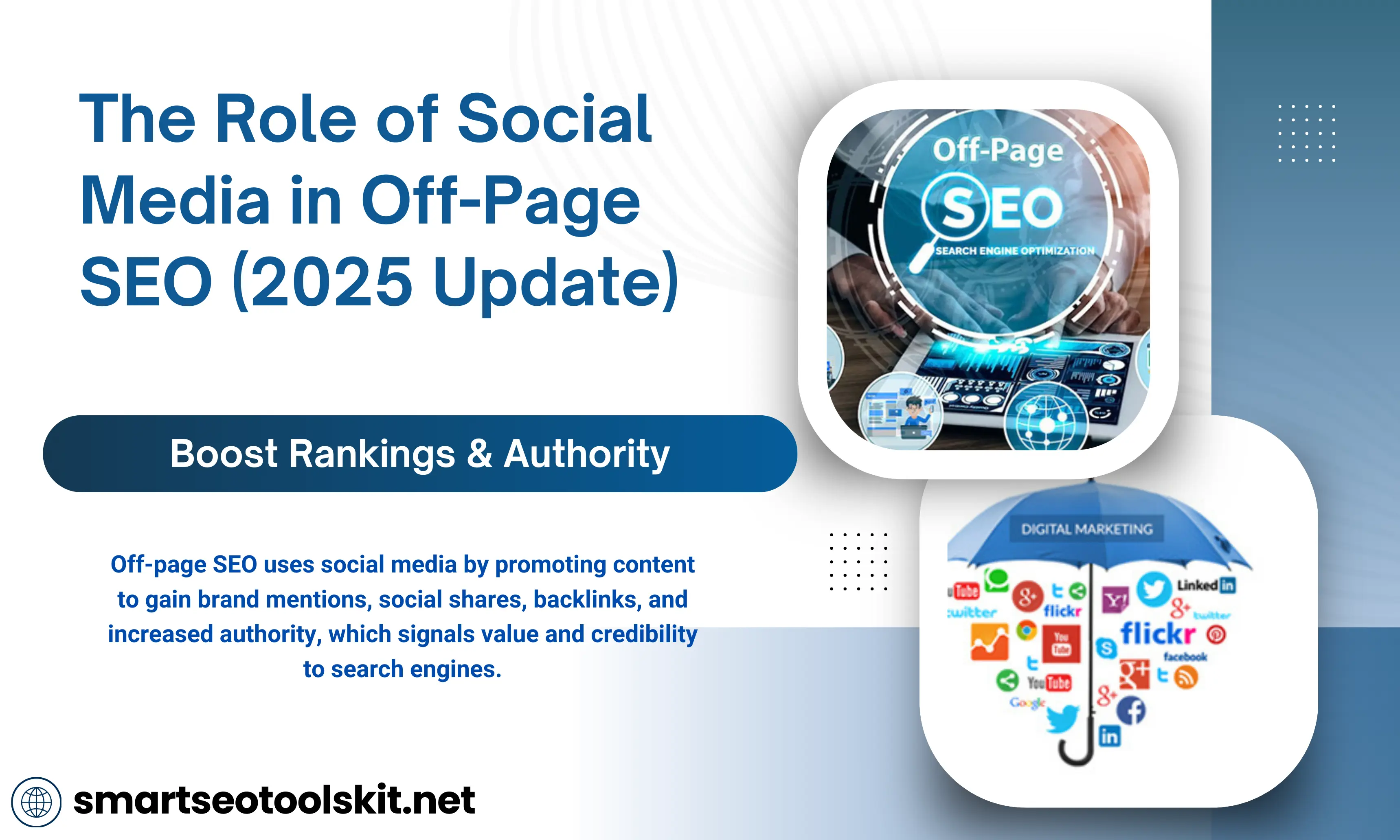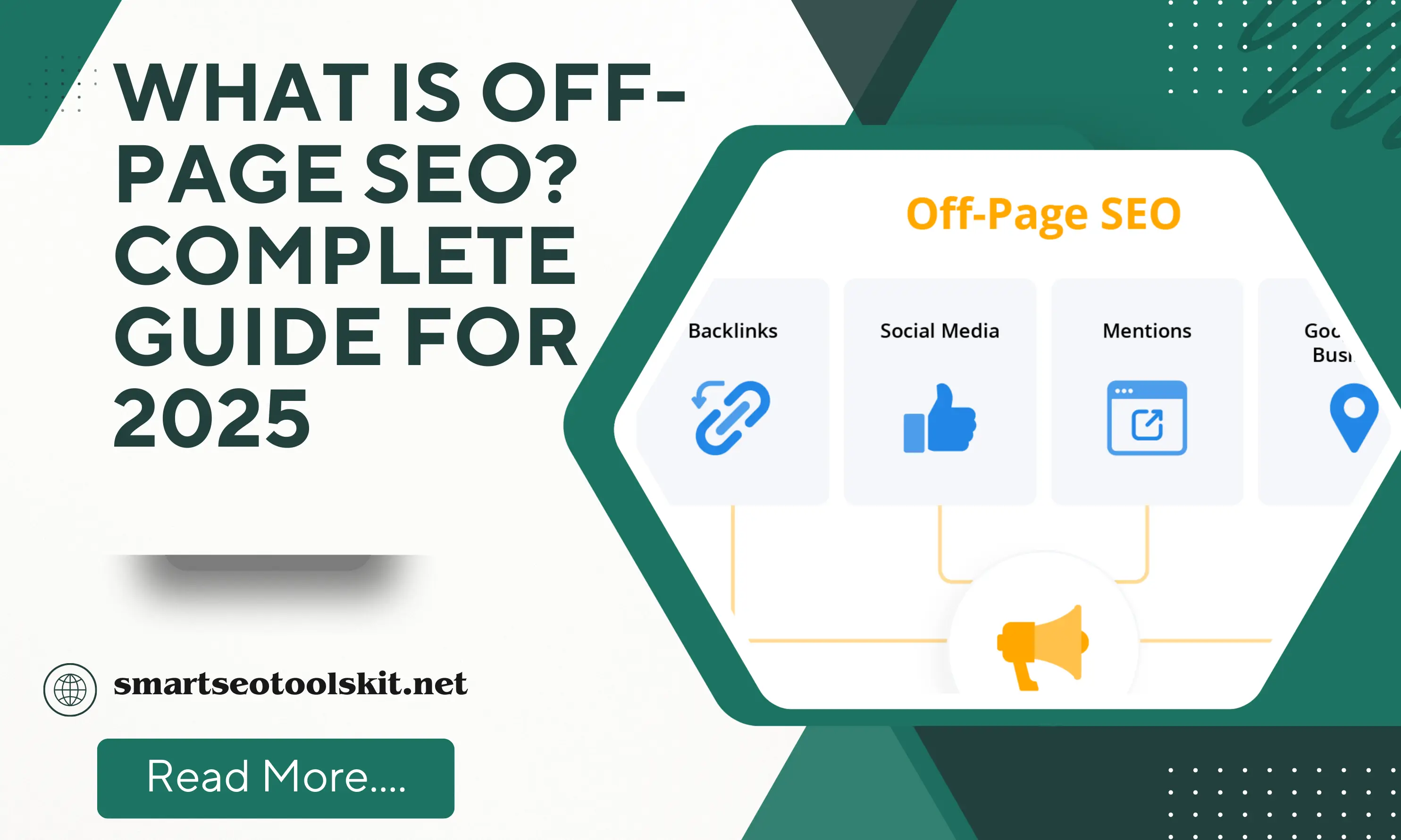Search engine optimization (SEO) plays a vital role in improving your website’s visibility and driving organic traffic.
One of the key aspects of SEO is keyword ranking, which involves optimizing your web pages to appear higher in search engine results for specific keywords.
In this blog post, we will explore some essential strategies to help you rank your chosen keywords effectively, driving more targeted traffic to your website.
1. Keyword Research
The first step in ranking a keyword is conducting thorough keyword research.
Identify relevant keywords that align with your content and target audience’s search intent.
Utilize keyword research tools such as Google Keyword Planner, SEMrush, or Moz to find popular keywords with reasonable search volumes and manageable competition.
Choose a mix of long-tail and short-tail keywords that accurately represent your content.
2. On-Page Optimization
On-page optimization involves optimizing your web page content to make it more relevant and appealing to search engines. Focus on the following aspects:
a. Title Tag: Craft a compelling and keyword-rich title tag (within 60 characters) that accurately represents the content of your page.
b. Meta Description: Write a concise and engaging meta description (within 160 characters) that includes relevant keywords and entices users to click on your link.
c. Heading Tags: Use heading tags (H1, H2, H3, etc.) to structure your content and include your target keyword in at least one of the headings.
d. Keyword Placement: Strategically place your target keyword throughout the content, including in the first paragraph, subheadings, and naturally within the text.
It is important to refrain from keyword stuffing as it can have a negative impact on your rankings in search engine optimization (SEO).
e. Content Quality: Ensure your content is comprehensive, informative, and engaging. High-quality content is more likely to attract backlinks and social shares, contributing to higher rankings.
3. Website Optimization
Optimizing your website as a whole can greatly impact your keyword rankings. Consider the following:
a. Site Speed: Improve your website’s loading speed to enhance user experience. Compress images, use caching, and minimize unnecessary scripts to boost page loading times.
b. Mobile-Friendliness: With the majority of internet users browsing on mobile devices, ensure your website is mobile-friendly and responsive. Mobile optimization is now a crucial ranking factor.
c. User Experience (UX): Create a user-friendly website with easy navigation, clear calls-to-action, and a visually appealing design. Good UX leads to longer user engagement, which positively impacts your rankings.
d. URL Structure: Create clean and descriptive URLs that include relevant keywords, making it easier for search engines to understand your page’s content.
4. Content Marketing and Link Building
Producing high-quality, shareable content is vital for ranking keywords. Focus on creating informative and engaging articles, blog posts, infographics, and videos that address your target audience’s needs.
Additionally, develop a robust content marketing strategy to promote your content across various platforms and attract relevant backlinks.
Backlinks from reputable websites are crucial for improving your website’s authority and keyword rankings.
5. Monitor and Analyze
Regularly monitor your keyword rankings and analyze the performance of your SEO efforts.
Utilize tools like Google Analytics and Google Search Console to track your website’s traffic, keyword rankings, and user behavior.
Adjust your strategies based on the insights gained, identifying which keywords are performing well and which ones require further optimization.
Conclusion:
Ranking keywords in SEO is a continuous process that requires careful planning, optimization, and monitoring.
By conducting thorough keyword research, optimizing your web pages, improving your website’s performance, producing high-quality content, and implementing a strong content marketing and link building strategy, you can increase your chances of ranking higher in search engine results.
Remember that SEO is a long-term effort, and consistent refinement and adaptation to search engine algorithms are essential.
By following these strategies, you can improve your website’s visibility, attract more targeted traffic, and ultimately achieve better keyword rankings.
.png)










